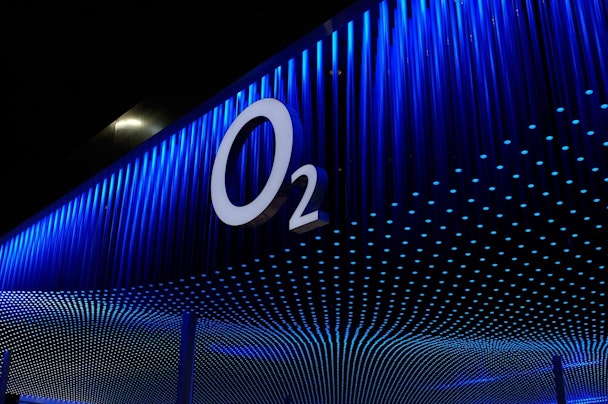UK retains 'big four' mobile carriers as EU blocks Three’s O2 merger
The EU Commission has canned mobile network Three’s proposed takeover of rival O2 in order to preserve competition in the market.

It operated under fears that the UK’s mobile carrier competition would shrink to three operators as part of the £10.3bn agreement between Three owner Hutchison Whompoa and O2.
Three vows to appeal the decision made by Margrethe Vestager, EU competition commissioner who warned that the takeover would harm the market, damaging both consumers and the development of further infrastructure.
Vestager, said: "We want the mobile telecoms sector to be competitive, so that consumers can enjoy innovative mobile services at fair prices and high network quality. The goal of EU merger control is to ensure that tie-ups do not weaken competition at the expense of consumers and businesses.”
While Hutchison looked to introduce measures enabling UK competition such as wholesale network agreements, investment guarantees, and price freezes, if the deal had gone ahead, only Vodafone and BT’s EE could compete with the new entity.
The Three owner said in a statement: "We are deeply disappointed by the commission’s decision to prohibit the merger between Three UK and O2 UK. We will study the commission’s decision in detail and will be considering our options, including the possibility of a legal challenge.
"We strongly believe that the merger would have brought major benefits to the UK, not only by unlocking £10bn of private sector investment in the UK’s digital infrastructure but also by addressing the country’s coverage issues, enhancing network capacity, speeds and price competition for consumers and businesses across the country and dealing with the competition issues arising from the current significant imbalance in spectrum ownership between the UK’s MNOs."
Imran Choudhary, consumer insight director at Kantar Worldpanel, said: “Fewer competitors can mean less pressure to keep prices down and this threat was obviously too great in the regulator’s minds, despite assurances from Hutchison on price freezes and significant infrastructure investment.
“As soon as BT’s purchase of EE completed earlier this year the UK’s mobile operators were looking to safeguard their assets and best position themselves to compete. Hutchison has adopted a wider global strategy of expansion through acquisition and was looking to extend that approach to the UK, while Telefonica’s willingness to sell O2 reflects its new focus on emerging markets.”
Concluding: “O2 will ideally still look for a buyer and Virgin Media – which is owned by Liberty Global – could certainly step in and solidify its presence as a true quad-play provider, allowing the operator to go head-to-head with BT and EE.”
Alex Neill, director of policy and campaigns at Which?, said: "It's right that the European Commission has taken a strong position and acted in the interest of consumers. Telecoms are an essential part of everyday life and this decision, to protect competition and choice, should prevent UK mobile customers losing out.
“Three and O2 now need to concentrate on tackling low levels of customer satisfaction and improving their service."
O2 said: "The O2 business has continued to perform well in the market whilst the Commission process has taken place. Our customers are our priority and we will continue to differentiate, compete fiercely and remain successful, long into the future.”
The EU blockade will come as a relief to many advertisers, scared that the shrinkage of the market would see Three’s decision to adblock all its web traffic, through a partnership with Shine Technologies, could have spread to O2 via the merger.

